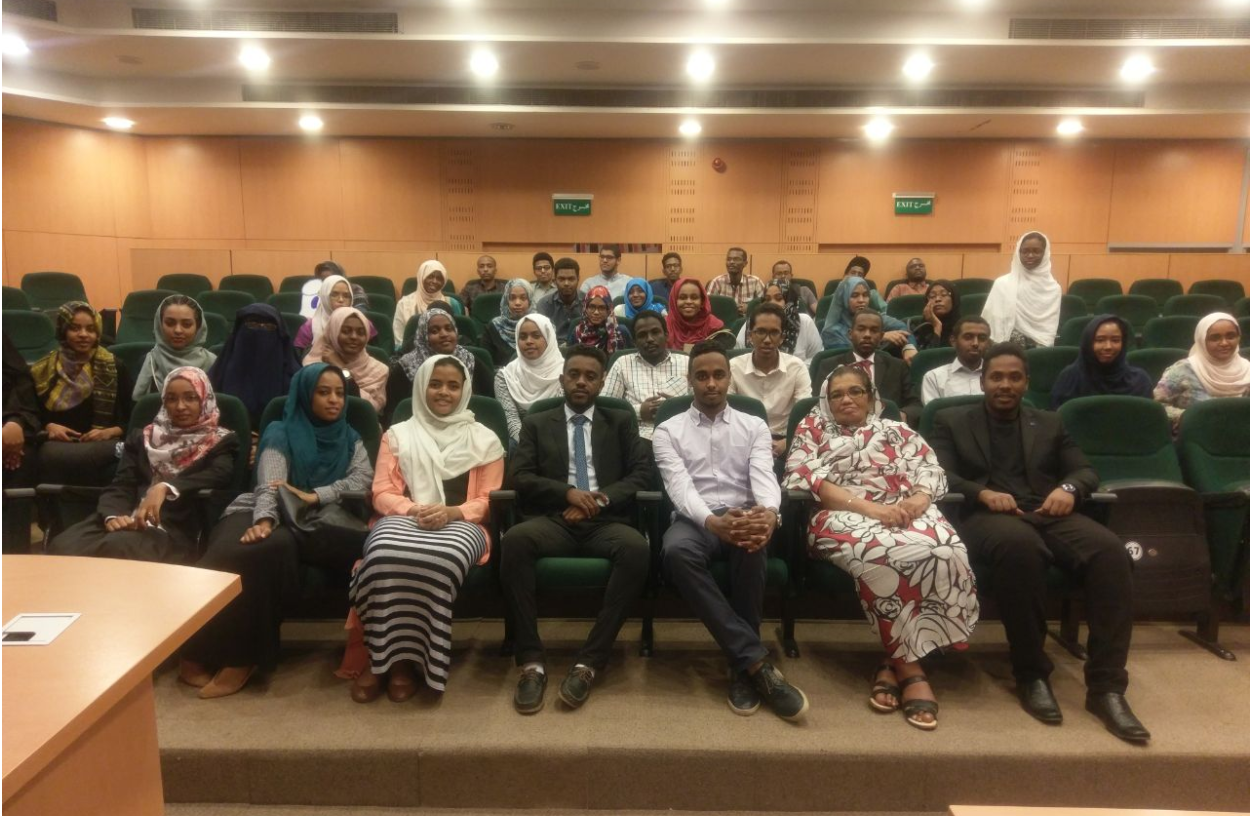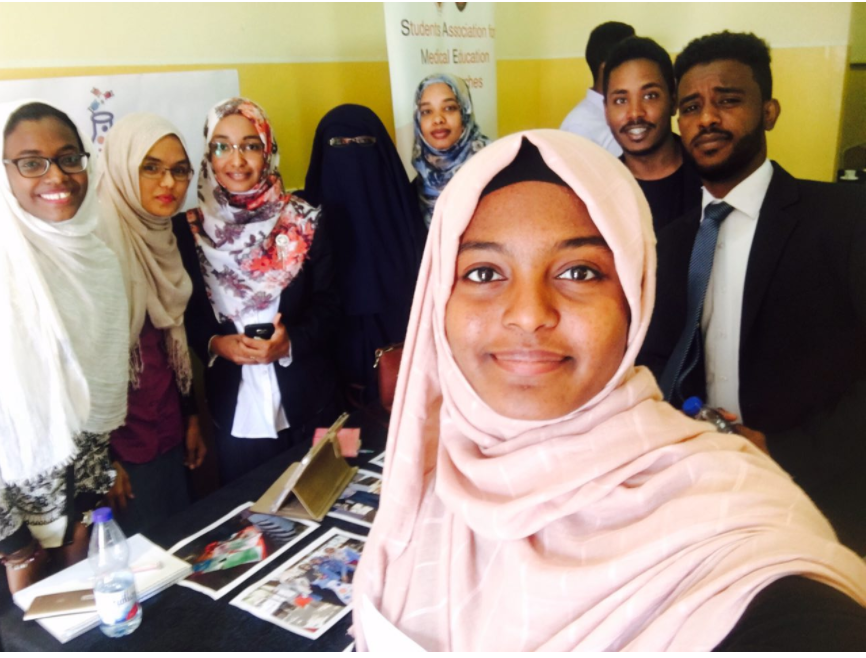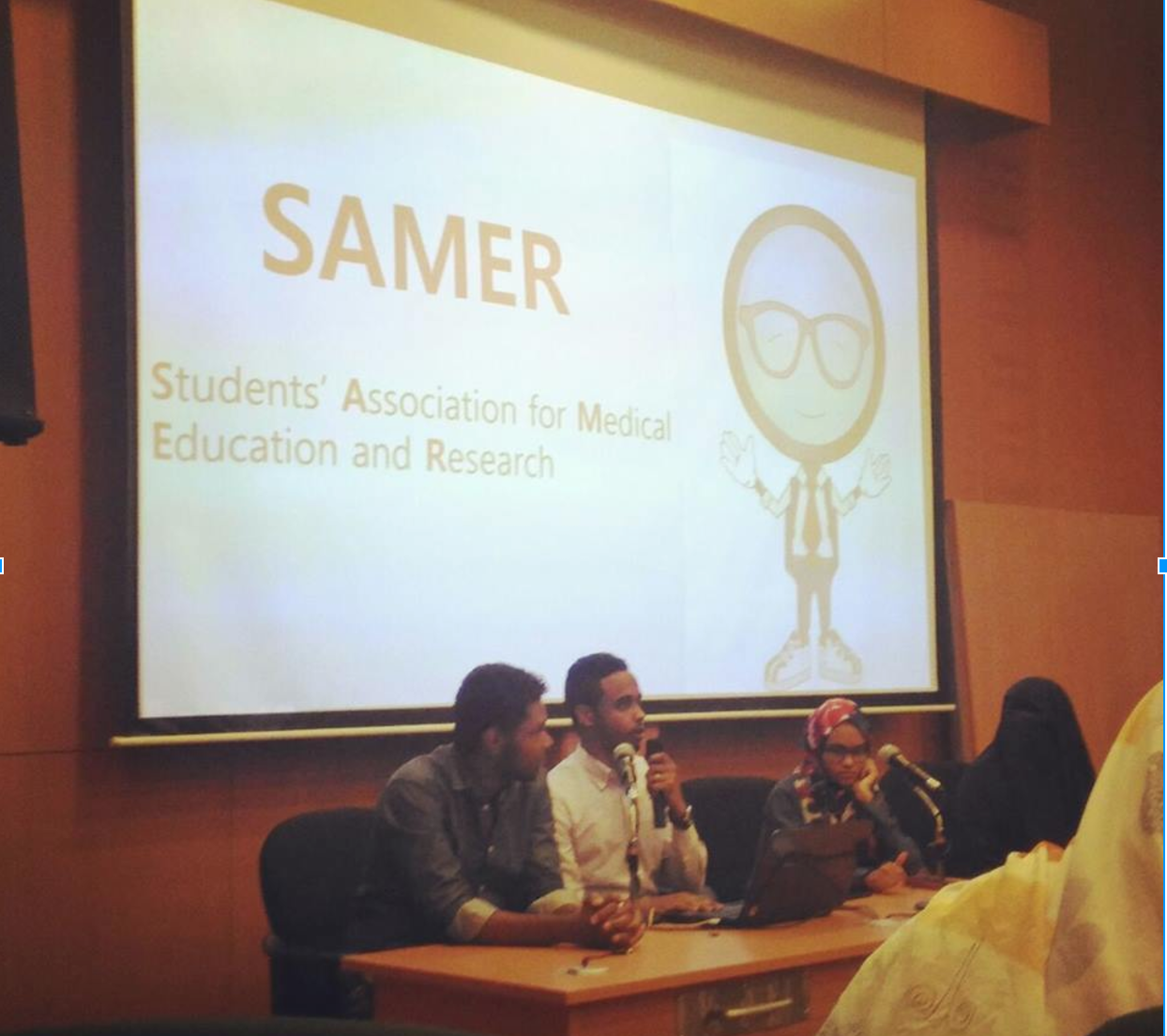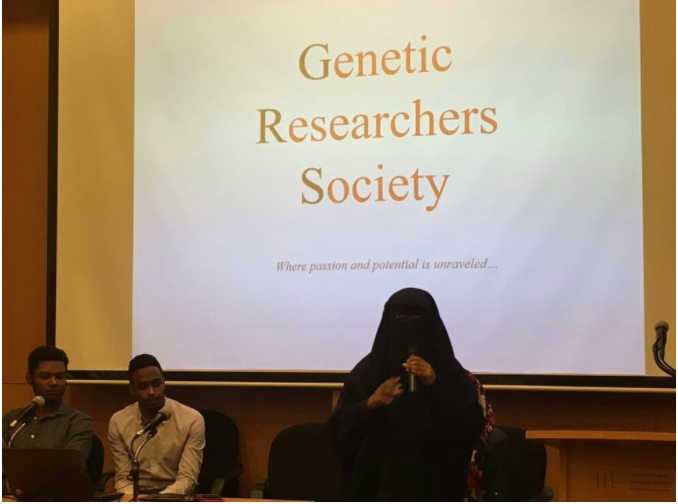This blog is part of the event report series on International Open Data Day 2017. On Saturday 4 March, groups from around the world organised over 300 events to celebrate, promote and spread the use of open data. 44 events received additional support through the Open Knowledge International mini-grants scheme, funded by SPARC, the Open Contracting Program of Hivos, Article 19, Hewlett Foundation and the UK Foreign & Commonwealth Office. This event was supported through the mini-grants scheme under the Open Research theme.
Open Sudan’s Open Data Day event was a conference that took place in Khartoum on the 11th of March. The event was held on this date to ensure inclusiveness and more representation as it requested by many local institutions.

The conference gathered stakeholder groups’ and representatives from the academia to debate and study the future of research practice in Sudan with a great emphasis on the use of open data. The event also introduced the concept of open research data as a tool to improve research communication methods in Sudan.
We had discussions on and assessed the local research behaviour, the environment and available infrastructure to determine the need for the implementation of such policies. The conference provided a significant space for networking and collaboration with the objective of stimulating the progress of Sudanese research data output leading to the acceleration of discoveries.
In addition to our goals in convening an event that sought to foster knowledge development and intellectual exchange, we worked towards creating an inclusive, innovative, and empowering event by inviting 85 representatives from different academic institutions, research centres, government agencies, research groups and civil society organisations.

We also invited a number of talented young researchers who do not only have fresh views but have a profound knowledge, experience and vision in the area of scientific research.
The conference held a one-hour exhibition with some of the very impacting groups and organisations in the area of research promotion. This featured some exceptional student groups as well.

Exhibitors were able to present their projects in advancing research practice locally with their use of open data in research. They could introduce their related future projects and form collaborations with one another.

One of the speakers – Prof. Ahmed M Musa from the Institute of Endemic Diseases – spoke about his project that publishes Leishmania-related research data of Sudan openly. He showed how beneficial this practice would be for the advancement of leishmania related research.
One major outcome from this talk was shedding the light on the importance of open data in medical research in particular and scientific research in general.
A large number of young career researchers who attended the conference are now committed to opening their research and data after excellent talks from Dr. Iman Abuel Maaly and Dr. Rania Baleela. Some have also expressed their interest in advocating for openness among their peers. Conversations around potential future collaborations between different early career researchers’ groups took place throughout the conference.
Osman Aldirdiri is a medical student and the founding director of Open Sudan initiative. An initiative that promotes openness among research education in Sudan. Osman also serves as membership development assistant for the Right to Research Coalition and as project coordinator for FORCE11.
Osman believes that the implementation of data sharing concepts on a wide range would enhance research output especially in the medical field. Leading to an acceleration in the pace of medical progress and an improvement in health care quality.








